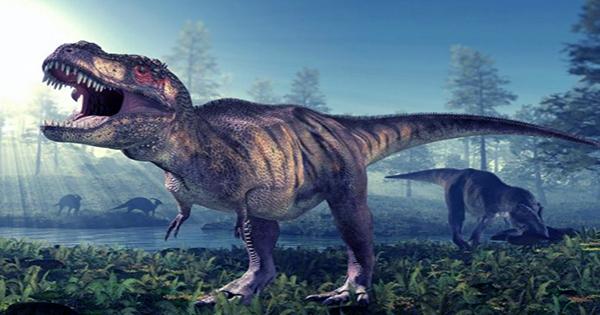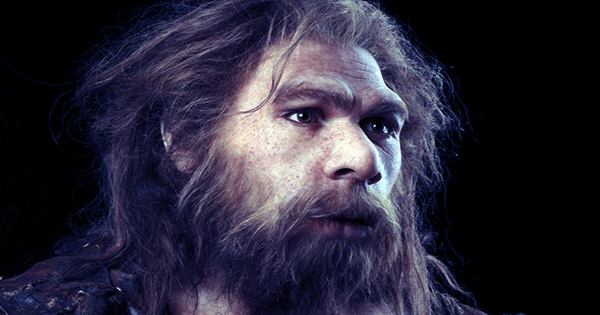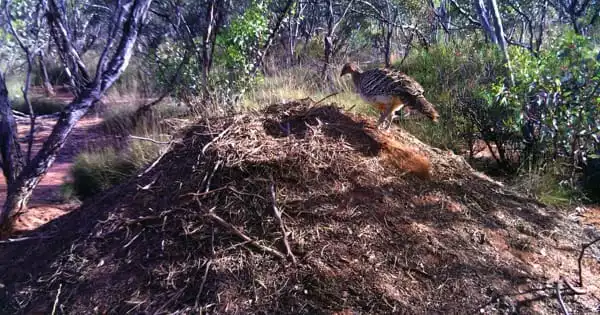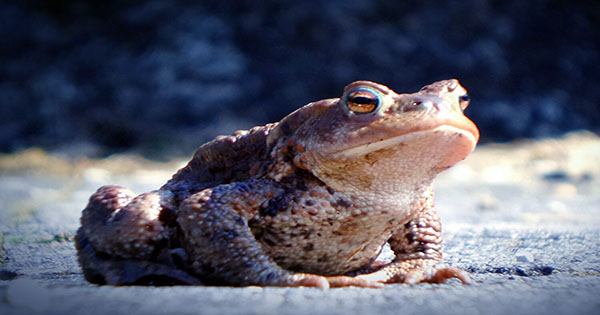You don’t have to look at any Tyrannosaurus to find out if it’s something you want to find in front of yourself, but a new study published in the Canadian Journal of Earth Sciences shows that just like the top predators, they are alive today. They did not start life from their full, frightening potential. The study looked at the fossil remains of Tyrannosaurus embryos to determine the size of their eggs, and found that the neonatal abusers were probably about the size of the Border collie dog when they first took the step.
The specimens tested in the study were the first known fossils of the Tyrannosaurus embryo to identify. As such, they offered a rare opportunity to shed light on the early stages of an oppressive life how they evolved, and the possibility of finding even more fossil embryo specimens.
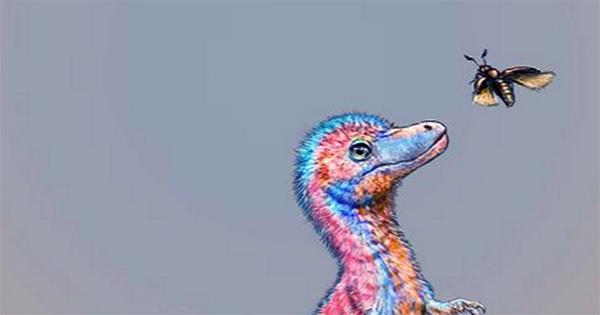
A team of paleontologists made a 3D scan of the remains of fine, fossilized fossils, including tiny jawbones and nails found in Canada and the United States. This information enables the identification of fragments related to the tyrannosaurus baby. Scientists were able to measure the size of animals from small pieces with teeth (this has also done in the case of Megalodon) and it thought that the owners of this Tyrannosaur piece were just under a meter (3 feet) long when they drew it. Their eggs have not yet found in fossil records, but researchers estimate that they were about 43.2 centimeters (17 inches) long. Estimating the length of these may help in their future discovery.
Dr Greg Funston of the University of Edinburgh’s School of GeoSciences, who led the study, said in a statement, “These bones are the first window into the volunteer’s early life and they teach us about the size and presence of child abuse.” “We now know that these were the biggest hatches hatched from eggs, and they looked as awesome as their parents – both good signs for finding more material in the future.”
Tyrannosaurs traveled to Earth in the late Cretaceous about 70 million years ago, and their peaks weighed about 8,000 kg (1ogra, 17,640 pounds, or 8 tons), increasing in length by about 12.2 meters (40 feet). Plenty of animals were fierce predators in their prime, with toothed teeth and large, strong jaws to tear the flesh. Evidence of this bloodthirsty lifestyle has been embedded in prey specimens in the shape of its teeth (they may even be human), and their fossil fossils have been found to contain bone fragments of Edmontosaurus and Edmontosaurus.
